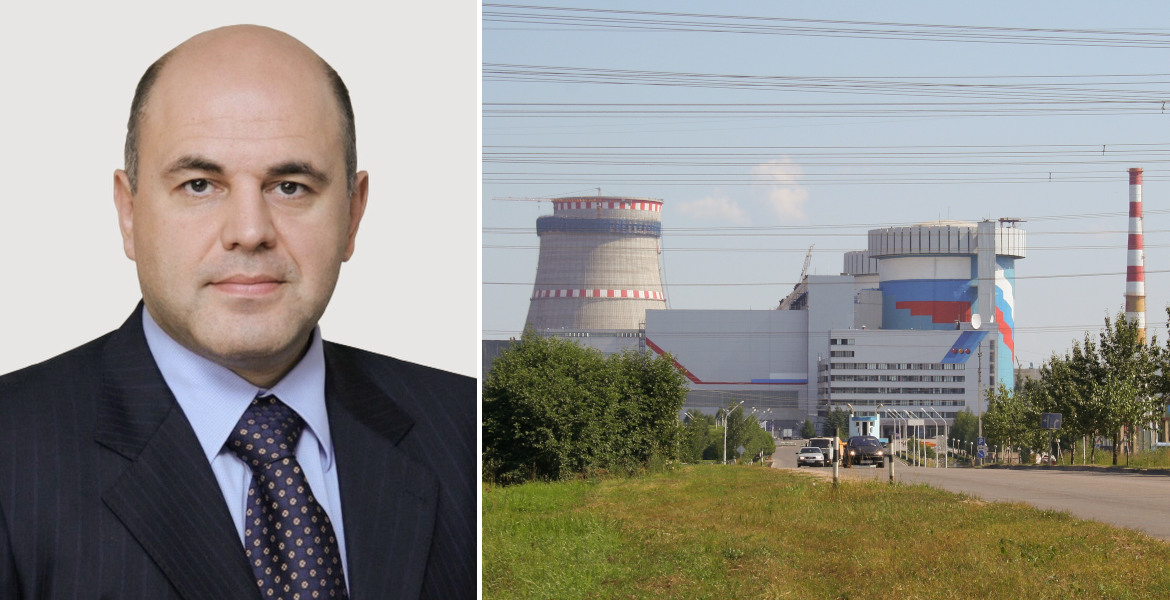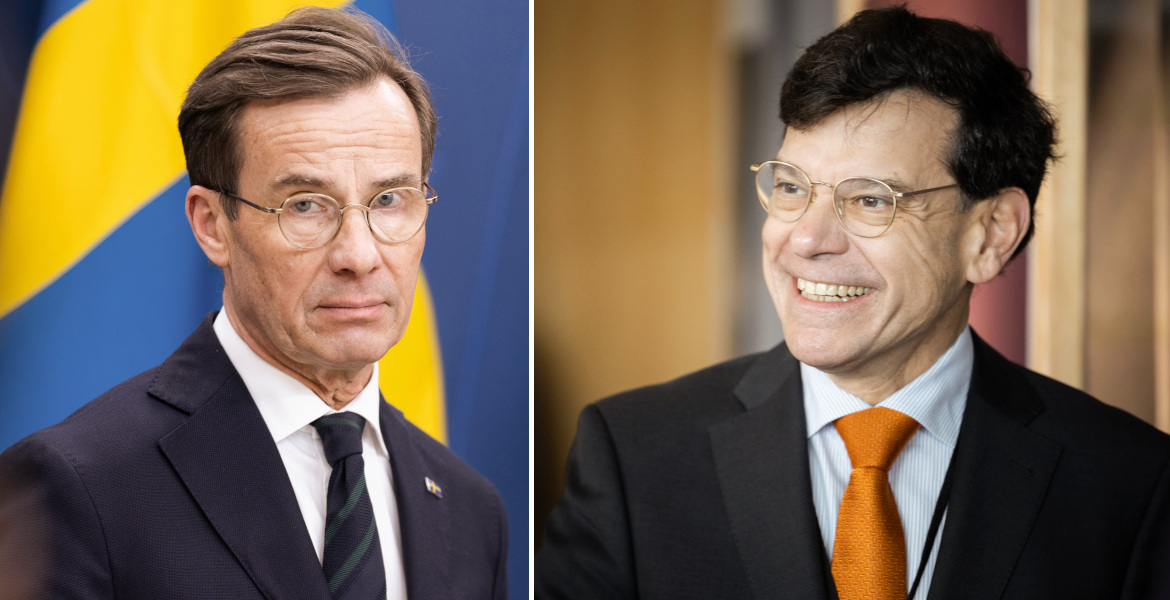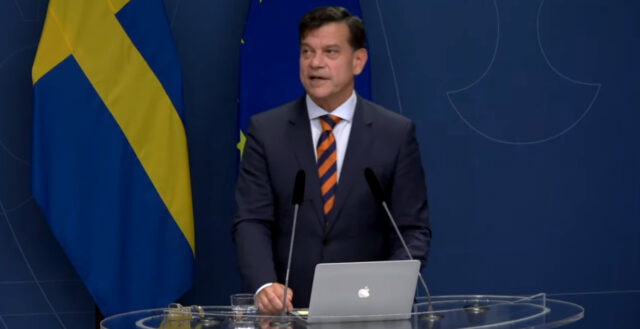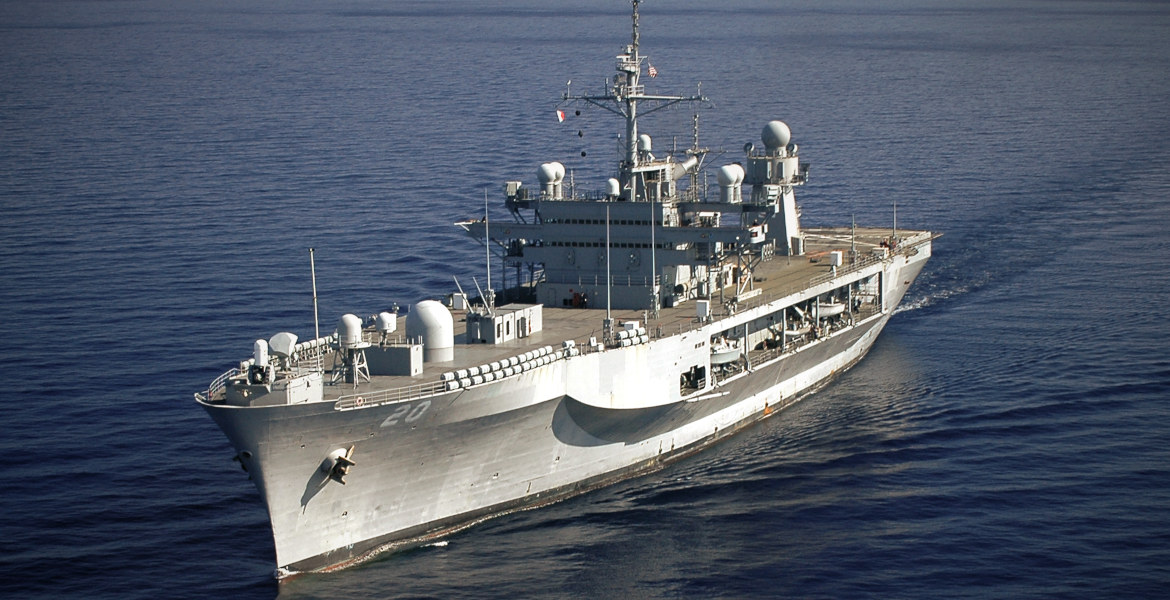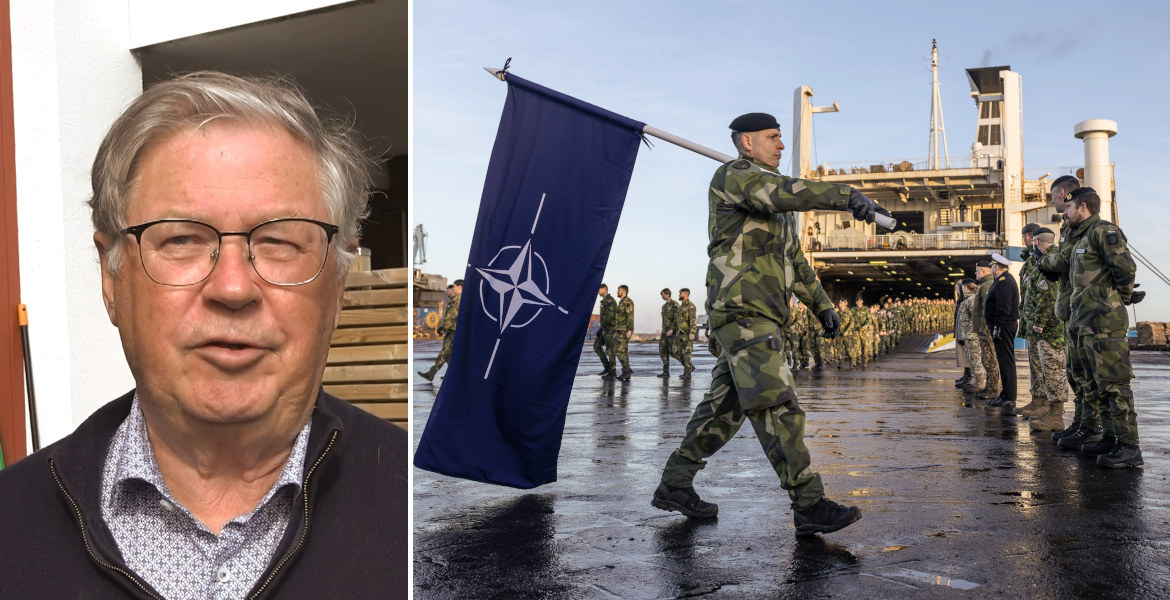Russian Prime Minister Mikhail Mishustin has decided to terminate an agreement with Sweden regarding information exchange about nuclear power accidents and nuclear facilities.
The reason cited is Sweden's decision to join NATO - a choice that, according to Moscow, means Sweden has abandoned its previous role as a neutral cooperation partner.
The official document was signed by Mishustin on June 24 and published on the Russian government's legal portal last Friday.
The now-terminated agreement was signed in 1988 between the Soviet Union and Sweden, taking effect in April of the same year. It was based on the International Atomic Energy Agency's (IAEA) Convention on Early Notification of Nuclear Accidents from 1986 - an agreement where member countries committed to inform each other about accidents that could have cross-border consequences.
The agreement was established in the aftermath of the Chernobyl nuclear disaster, and on April 28, 1986, two days after the explosion at the Ukrainian power plant, elevated radiation levels were first detected by the Swedish nuclear power plant Forsmark - which helped reveal the extent of the accident.
Russia, according to its constitution, considers itself the successor state to the Soviet Union and has assumed both debts and international agreements once entered into by the Soviet Union.
"Lost its status as a neutral country"
Since Sweden became a NATO member in March 2024, relations between Moscow and Stockholm have deteriorated significantly, and with its membership, Sweden abandoned its long-standing policy of neutrality. Following the escalation of the war in Ukraine in 2022, the Swedish government has also provided billions in military and other support to Kiev, while announcing a record-large Swedish military build-up.
Already in May, Russia's Ambassador to Sweden, Sergey Belyaev, sharply criticized Sweden's change in security policy in an interview with Russian news agency RIA Novosti.
– Sweden's position shows that Sweden has completely lost its status as a neutral country and is turning into a springboard for implementing NATO's militaristic ambitions, he warned at the time.
